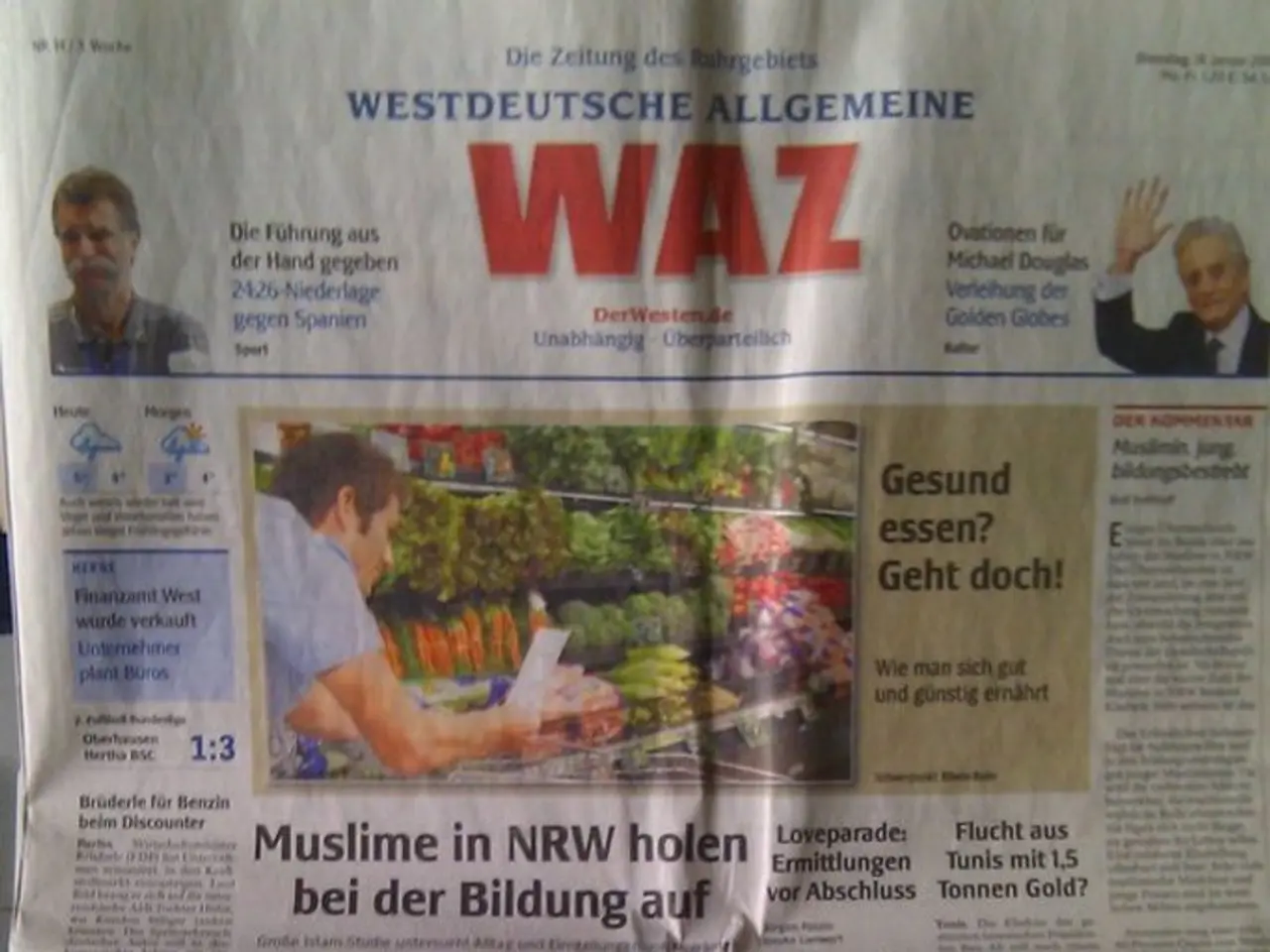Venezuela's Central Bank Resorts to IOU's, Bonds as Business Sectors Contemplate Privatizations: A Financial Shuffle Amidst Potential Market Shifts
Nov 21, 2024 (our website) - The Nicolás Maduro administration in Venezuela has rushed out a batch of debt instruments to tackle a growing currency crisis.
In the November 13 Official Gazette #6,853, the government declared that it would issue IOUs, called "Pagarés," worth up to 20 billion bolívars, or around US $440 million, under its "internal and external fiscal management" plan.
Finance Ministry will decide how to assign these IOUs, either through private offerings, direct assignments, or other means. They can be denominated in various currencies, including bolívars, US dollars, euros, yuans, or any other reserve currency. Foreign currency IOUs can be repaid in bolívars at the exchange rate set by the Central Bank.
Interest rates and maturities will be determined by financial authorities and agreed upon with interested parties.
Along with the IOUs, the government is also creating new public debt bonds, which will be auctioned off, tendered, or offered through other methods. These bonds will pay interest every three or six months, and the Venezuelan state has the option of buying them back before maturity.
These bonds come in different variations, including bolívar and foreign currency denominations, as well as mixed-capital ones.
Venezuelan economist Juan Carlos Valdez criticized the Central Bank for asphyxiating the economy by constraining liquidity. He argued that the bond issuance is another measure to absorb bolívars and remove them from circulation.
According to Central Bank data, the entity has sterilized about half of the bolívars received in forex operations this year. The Central Bank has provided $4.8 billion so far this year, 16 percent more than the corresponding period of 2023, as reported by Banca y Negocios. The Central Bank offered $265 million this week.
Valdez contended that the Central Bank's approach to tackling a "blatantly speculative" issue is misguided. Instead, he advocated for more state control and regulation, suggesting that authorities could investigate distribution chains and punish actors guilty of speculation.
Venezuela's ongoing currency devaluation correlates with its high inflation, which stood at 26 percent through September 2024, the lowest annual figure since early 2013. However, the stability has been impacted by a recent currency devaluation, causing an increase in the parallel USD-bolívar exchange rate.
Recent data indicates that the big economic players in Venezuela are the primary recipients of state-offered dollars and have the power to control prices downstream. The Maduro government had adopted a liberalizing approach in an attempt to tame inflation and revive growth. Measures included the abolition of forex controls, with the Central Bank relinquishing these operations to banks, as well as frozen wages, tax breaks, and various incentives for private capital. These policies successfully brought inflation down to double digits, and GDP is expected to grow for the fourth consecutive year.
Luigi Pisella, president of the Conindustria guild, announced recently that 350 public firms will be transferred to the private sector. He mentioned talks with newly-appointed Industry Minister Alex Saab, stating that some enterprises might be entirely sold, while others could become "mixed" or fall under a "strategic alliance." The last option involves a long fixed-term concession without any changes to the shareholding structure.
The takeover of state firms will follow the "Chevron model," mirroring the US giant's control of operations and sales despite owning minority stakes in joint oil ventures with Venezuela's PDVSA.
Edited by Cira Pascual Marquina from Caracas
Enrichment Insights:To understand the current status of Venezuela's debt instruments issuance and its impact on the ongoing currency devaluation, it's essential to consider:
- Economic Challenges and Exchange Rates:
- The country has seen a growing exchange rate gap, with the unofficial exchange rate rising by 160% year-over-year as of March 2025 and the official rate increasing by 91%.
- These fluctuations indicate a highly volatile currency situation and contribute to inflationary pressures.
- Inflation Expectations:
- Inflation is expected to surge significantly in 2025, potentially returning to triple-digit levels.
- This increased inflation will further erode purchasing power and affect economic stability.
- Impact of US Sanctions:
- The US has imposed tightening sanctions on Venezuela, particularly targeting the state-owned oil company PDVSA, restricting its ability to export oil without legal and financial hurdles.
- These sanctions can make it difficult for Venezuela to manage its debt effectively, limiting the country's capacity to generate revenue from oil exports.
- Debt Repayment and Oil Sales:
- Some oil-for-debt repayment agreements have been suspended due to sanctions and partnership changes, freeing up more barrels for commercial use. However, this does not offset the revenue losses from lower oil sales prices and reduced production volumes.
- The loss of key partners like Chevron adds to the challenge of maintaining export volumes, further complicating debt management.
- Implications for Currency Devaluation:
- The inability to repay debts through oil due to sanctions can limit the availability of foreign currency needed to stabilize the local currency, worsening the devaluation.
- Economic conditions and sanctions will continue to drive currency instability, contributing to the widening exchange rate gap between official and unofficial rates.
- Economic and Social Consequences:
- The devaluation and economic instability are likely to increase migration flows as Venezuelans seek better lives elsewhere, causing social and humanitarian crises.
- The challenges in managing debt and generating revenue will strain the economy, impacting both ordinary citizens and businesses.
- The Venezuelan government is offering IOUs, called "Pagarés," worth up to a billion dollars under its fiscal management plan, which will be assigned through private offerings, direct assignments, or other means.
- Alongside the IOUs, the government is creating new public debt bonds, including those denominated in foreign currencies, that can be repaid in bolivars at the exchange rate set by the Central Bank.
- The Finance Ministry, along with private sector players like Luigi Pisella's Conindustria guild, is discussing the transfer of state firms to private shareholding, such as creating strategic alliances or mixed-capital corporations.





